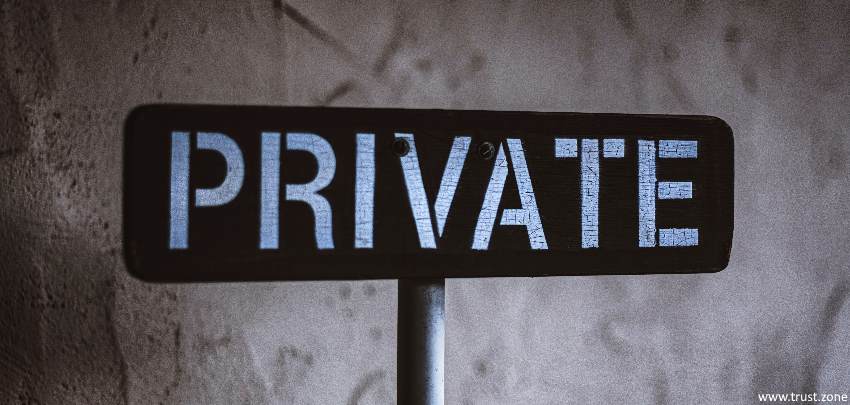Data protection is becoming increasingly difficult for businesses and individuals. Is this difficulty due to the lack of knowledge among individuals and businesses about protecting their data, or is hacking an increasingly popular activity? Whatever the case, online security is a must.
The more data you need to protect, the more influential the act of data protection becomes.
Let’s discuss six essential tips you must follow to protect your data on the highest level.

Data protection represents different strategies that organizations use for protection purposes. Such strategies secure personal and company availability, privacy, and integrity, known as data security.
Organizations that gather, manage, or keep sensitive data must have data security procedures in place. Data security procedures guarantee that data is only available for permitted uses and ensures that data is not manipulated. Additionally, these measures keep you compliant with regional and national legal obligations.
Even strong passwords can be cracked with brute force attacks. However, creating strong passwords makes hackers' jobs much harder; strong passwords can cause them to give up on hacking you.
Don’t use the same password for different platforms; come up with a complicated password for each one. If a hacker knows your password from one platform, they might be able to guess it for others. Varying your passwords and making them complex makes a hacker’s job that much harder.
Here are a few tips to follow when creating a password:
Your organization should only use the necessary data while collecting and using it. Of course, profiling for marketing purposes is occasionally inevitable. However, keep in mind that pseudonymized data might still be helpful. Specific fields, including someone's title, might not always be needed.
Request only the information you need when consuming personal data. For instance, if a person can only use a particular service if they are employed in the medical industry, there’s no need to ask them about their title or educational background.
VPN encrypts your internet connection, hides your personal data from prying eyes. Your Internet Service Provider is not able to see files you download and websites you browse. VPN keeps your personal information private and protects your online privacy on the web
When you build a website, ensure you have all your information backed up. Data backup involves copying all your physical and virtual files to a different location for preventive purposes.
Backing up data is essential to disaster recovery plans. It's also the best choice when recovering from severe data losses or ransomware threats. In this case, you should use a separate drive, device, or location to back up important personal information. Devices with personal data on them should be routinely backed up as well, especially if your data is subject to frequent changes.
Multi-factor authentication (MFA) is a method that prevents cyber threats and hackers from accessing your company's data. Hackers are likely to give up their attack since MFA makes it more difficult for someone to access your information without spending a lot of time and effort.
MFA comprises three important factors:
When combined together, these factors create high protection. MFA prevents hackers from accessing networks and databases that are well-protected. Thus, MFA is essential to safely use company platforms.
Providing necessary knowledge to your employees about data protection is vital. You must train your team to safely handle and store data and keep personal information private. You must keep them informed about everything, including internet safety tips, local, state, and federal laws, and business security policies.
Hackers aim to control and manipulate their victims. They patiently gather data over time, waiting to attack when the user least expects it. Thus, knowing the importance of safety and how to protect data can prevent such things.
Every company employee, including yourself, is responsible for protecting your data. After reading this post, we hope you won't ignore essential security precautions. Don’t forget to implement the given tips and, of course, inform your staff about potential concerns.